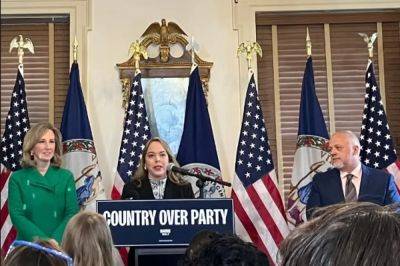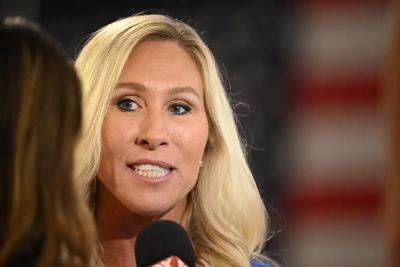Frederick Schauer, Scholar Who Scrutinized Free Speech, Dies at 78
Frederick Schauer, a prominent legal philosopher who challenged prevailing views about freedom of speech, restrictions on obscenity and the ethics of racial profiling, died on Sept. 1 at his home in Charlottesville, Va. He was 78.
The cause was end stage renal disease, said his wife, Barbara Spellman.
In more than a dozen books and several hundred articles, Professor Schauer devoted himself to “questioning the unquestionable or thinking the unthinkable,” as he once put it, no matter the subject — whether it be the sanctity of the First Amendment or common interpretations of the Constitution.
“If the answers to questions like these turn out to be consistent with the received wisdom, then understanding has been substituted for blind acceptance and analysis substituted for platitudes,” he told Contemporary Authors, a reference guide, in 2008. “And if the answers turn out to reject the received wisdom, then something has been added to the existing knowledge.”
In numerous articles and in his 1982 book, “Free Speech: A Philosophical Enquiry,” Professor Schauer argued that the broad free speech protections enshrined in the Constitution and strongly upheld by courts sometimes subjugated competing interests like public order, morality and national security. He also examined the ways free speech safeguards in the United States were more expansive than those in other democracies.
“That does not necessarily mean that the rest of the world is right and the United States wrong,” Professor Schauer was quoted as saying in a profile in the Virginia Journal, “but it does suggest that it is a mistake to assume that free speech does not compete with other legitimate concerns, and a mistake to fail to recognize that we protect speech not because







